Brussels has once again demonstrated how EU funds can be distributed on an ideological basis. According to a new analysis by the 21st Century Institute, the European Commission is stepping into the role previously held by American leftist-liberal research funding agencies by allocating half a billion euros to support researchers who have lost access to federal funding in the United States. Researcher Bernadett Petri notes that this move is not about improving economic competitiveness, but about building political alliances, which is something she calls not only problematic in terms of effective EU funding allocation and academic freedom, but also unacceptable from a sovereignty standpoint.

Brussels Imports Woke Ideology
The EU’s new "Choose Europe" program explicitly pressures researchers:
We call on researchers around the world to unite and join us! If you love freedom, come and help us stay free,
declared French President Emmanuel Macron, joining European Commission President Ursula von der Leyen in promoting the initiative. Macron announced that France would contribute €100 million to the program. However, the initiative is not about promoting excellence in research, but about importing talent and knowledge aligned with a specific ideology. Brussels is backing research fields that U.S. President Donald Trump described as anti-Semitic, anti-American, Marxist, and radically leftist, and excluded from federal funding.
In Bernadett Petri's view, this means the freedom and impartiality of science is being undermined, as grants are awarded based on ideological criteria, and not on genuine research needs, but.
The Biden administration has spent hundreds of billions of dollars on research, education, and sensitivity training related to sexual diversity, queer issues, non-binary, and transgender topics. Brussels is now offering a new funding platform for these research areas.
EU Money Is Going Toward Ideological Goals
The size of the EU's incentive package is also telling: the €500 million allocated for this program is roughly equal to the EU’s annual budget for healthcare development and nearly double what is earmarked for small and medium-sized business support. The researcher argues that this program stands in stark contrast to what the European economy actually needs in the current climate.
The goal is to import radical, politically-driven projects — branded as value-based by Brussels — into Europe.
As a result, ideological topics such as addressing challenges related to trans inclusion and supporting queer policy receive priority funding, while real competitiveness programs are pushed aside.
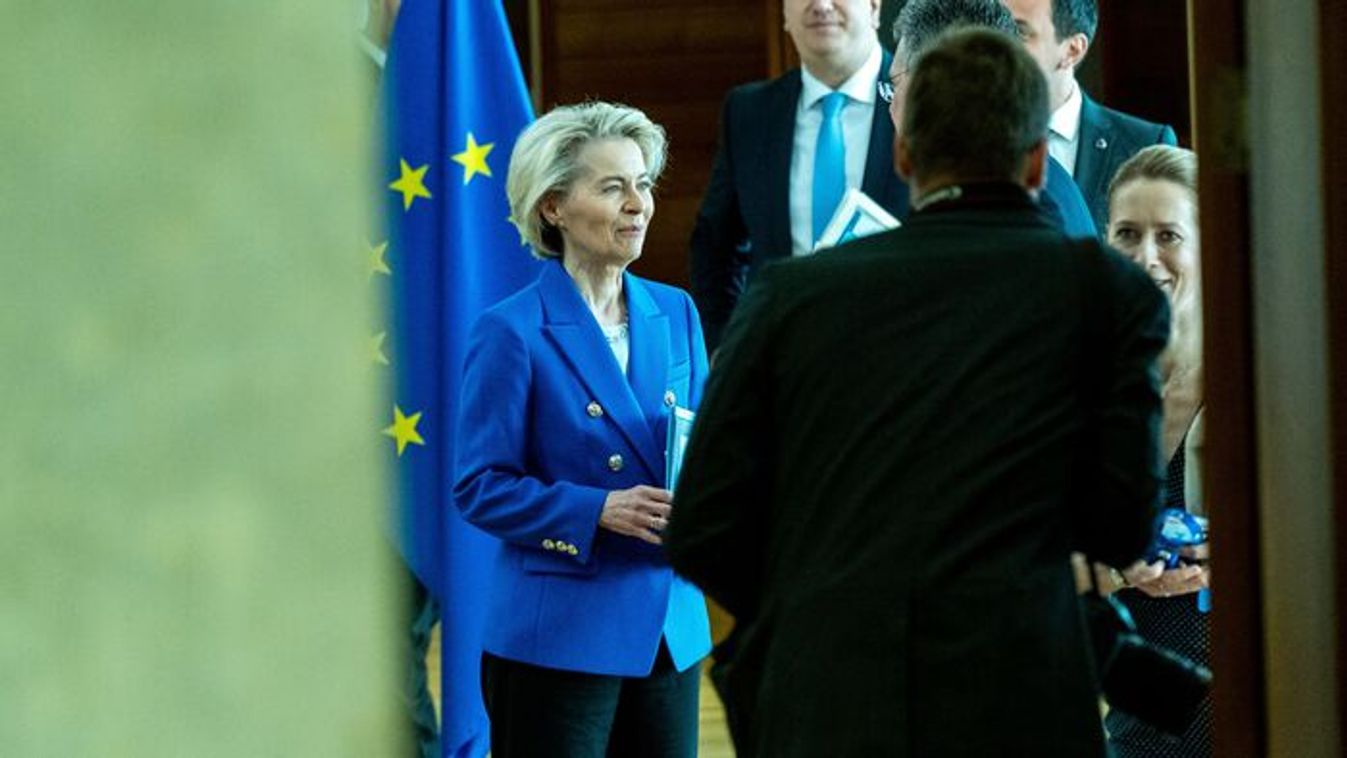


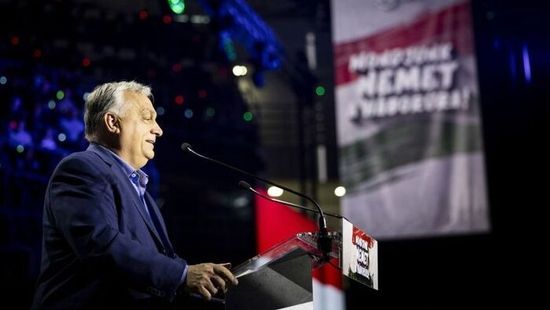



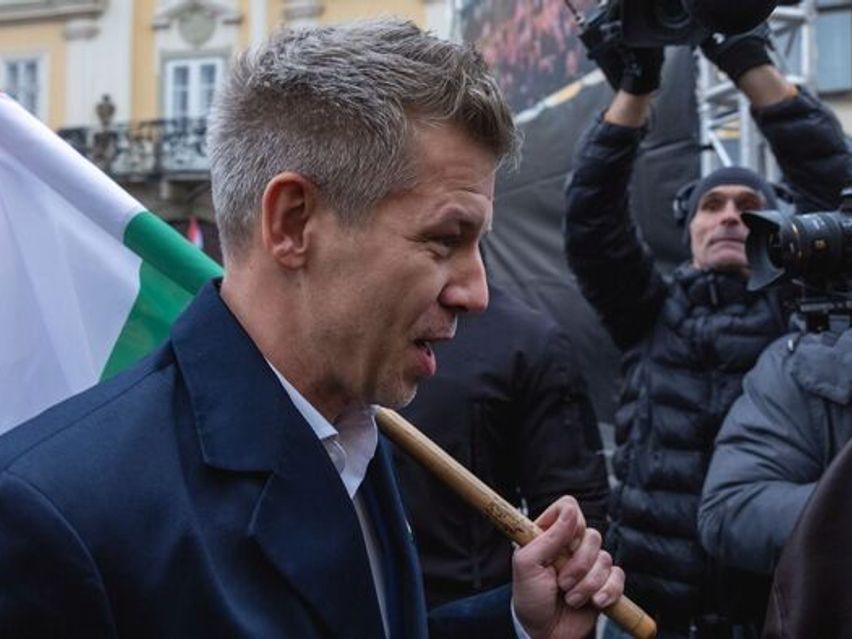
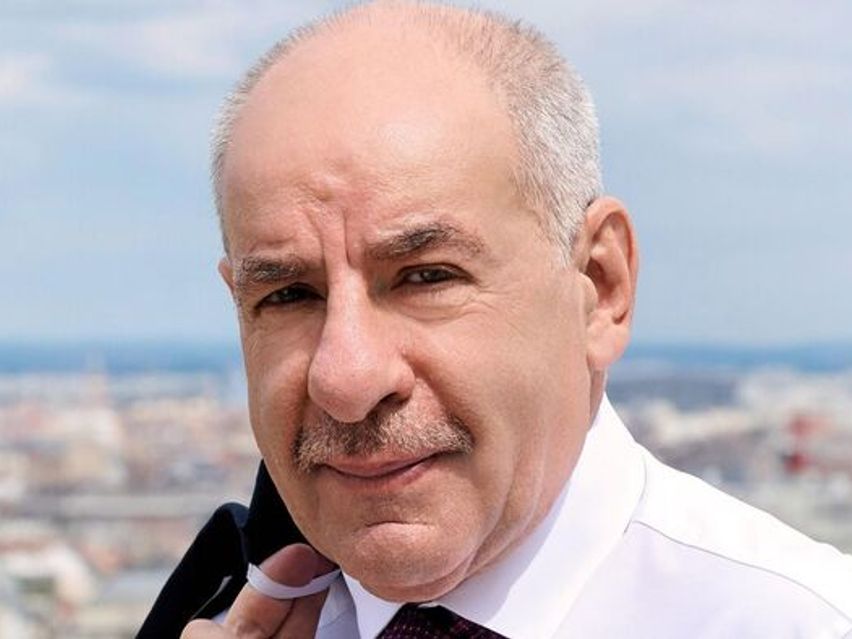




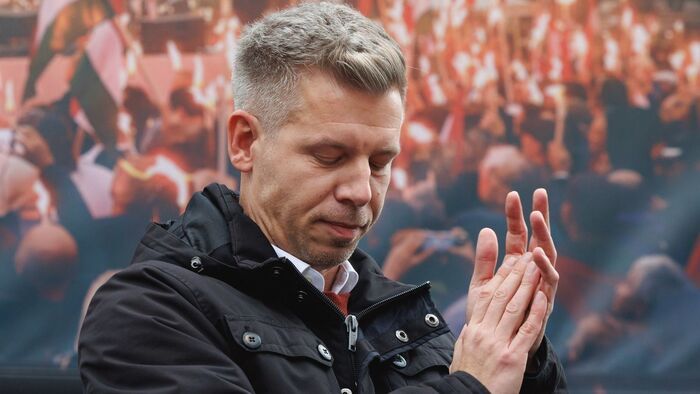
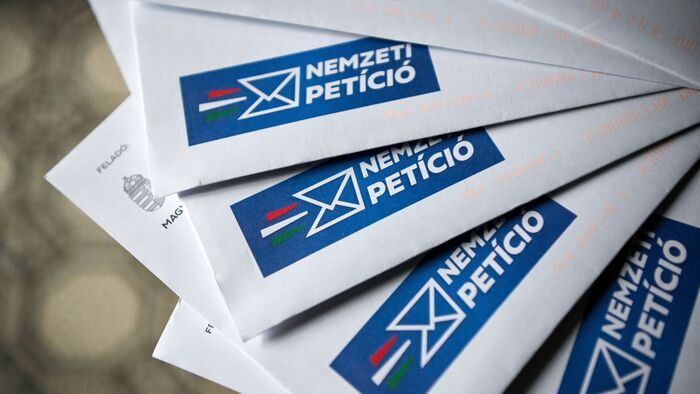
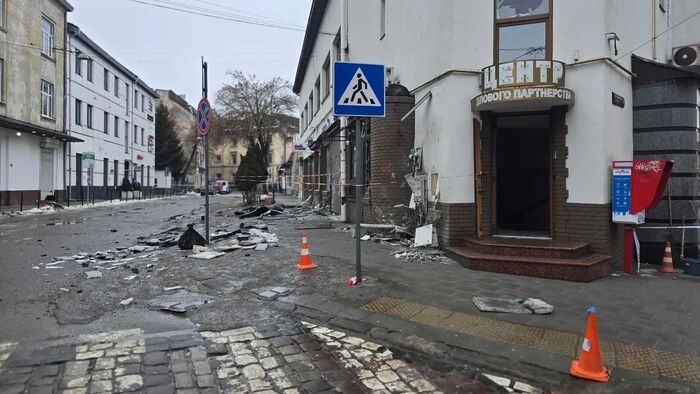

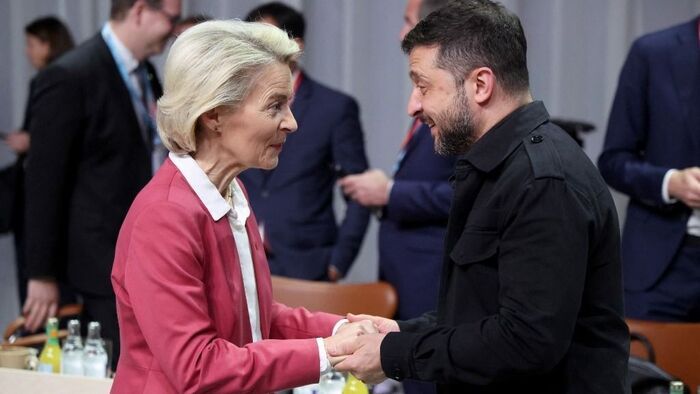



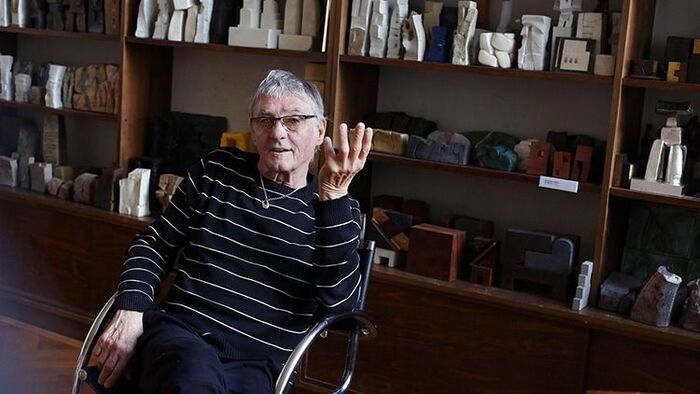

Szóljon hozzá!
Jelenleg csak a hozzászólások egy kis részét látja. Hozzászóláshoz és a további kommentek megtekintéséhez lépjen be, vagy regisztráljon!